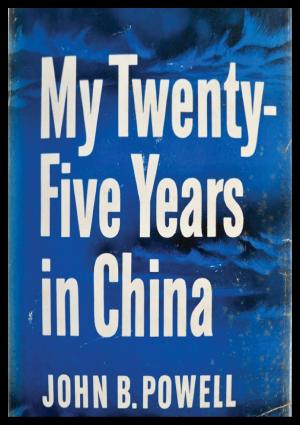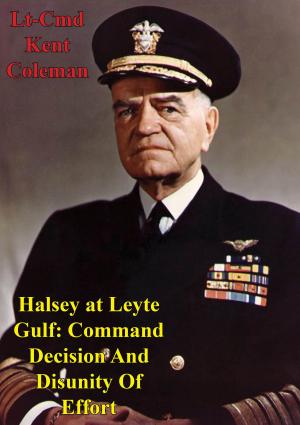Unconditional Surrender, Demobilization and the Atomic Bomb [Illustrated Edition]
Nonfiction, History, Germany, European General, Military, United States| Author: | Dr. Michael D. Pearlman | ISBN: | 9781786259431 |
| Publisher: | Verdun Press | Publication: | July 26, 2016 |
| Imprint: | Verdun Press | Language: | English |
| Author: | Dr. Michael D. Pearlman |
| ISBN: | 9781786259431 |
| Publisher: | Verdun Press |
| Publication: | July 26, 2016 |
| Imprint: | Verdun Press |
| Language: | English |
Includes The Bombing Of Japan During World War II illustrations pack with 120 maps, plans, and photos
The calculations for bringing large-scale hostilities to an end and for establishing a favorable environment in which post-combat operations, including the occupation of the enemy’s homeland, can take place involve high-level military officers in the analysis of a wide range of considerations, many of which fall well beyond what would be traditionally recognized as strictly military in nature.
In Unconditional Surrender Demobilization, and the Atomic Bomb, Dr. Michael Pearlman brings home this point through his shrewd assessment of the complex issues confronting U.S. officers as they debated the best course of action to follow in ending the war against Japan. Aside from the list of traditional concerns, such as the human cost of mounting an invasion of Japan, these officers had also to consider such intangibles as continued support for the war effort on the American home front.
Thanks to Pearlman’s research, the reader comes away with a deeper understanding of why these officers made the recommendations they did to the president and why the president decided to drop the atomic bomb to end World War II.
Includes The Bombing Of Japan During World War II illustrations pack with 120 maps, plans, and photos
The calculations for bringing large-scale hostilities to an end and for establishing a favorable environment in which post-combat operations, including the occupation of the enemy’s homeland, can take place involve high-level military officers in the analysis of a wide range of considerations, many of which fall well beyond what would be traditionally recognized as strictly military in nature.
In Unconditional Surrender Demobilization, and the Atomic Bomb, Dr. Michael Pearlman brings home this point through his shrewd assessment of the complex issues confronting U.S. officers as they debated the best course of action to follow in ending the war against Japan. Aside from the list of traditional concerns, such as the human cost of mounting an invasion of Japan, these officers had also to consider such intangibles as continued support for the war effort on the American home front.
Thanks to Pearlman’s research, the reader comes away with a deeper understanding of why these officers made the recommendations they did to the president and why the president decided to drop the atomic bomb to end World War II.
![Cover of the book Unconditional Surrender, Demobilization and the Atomic Bomb [Illustrated Edition] by Dr. Michael D. Pearlman, Verdun Press](https://www.kuoky.com/images/2016/july/500x500/9781786259431-ZuRR_500x.jpg)







![Cover of the book The Scots Guards in the Great War 1914-1918 [Illustrated Edition] by Dr. Michael D. Pearlman](https://www.kuoky.com/images/2015/november/300x300/9781786255532-qMuK_300x.jpg)



![Cover of the book JAPANESE IN BATTLE 1st Edition [Illustrated Edition] by Dr. Michael D. Pearlman](https://www.kuoky.com/images/2014/august/300x300/9781782896180-id7m_300x.jpg)
![Cover of the book Marines In World War II - Saipan: The Beginning Of The End [Illustrated Edition] by Dr. Michael D. Pearlman](https://www.kuoky.com/images/2014/august/300x300/9781782892830-qrzB_300x.jpg)

